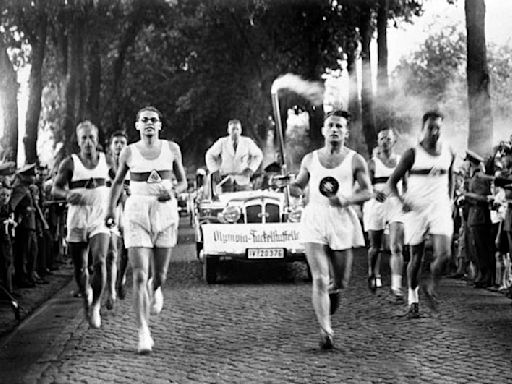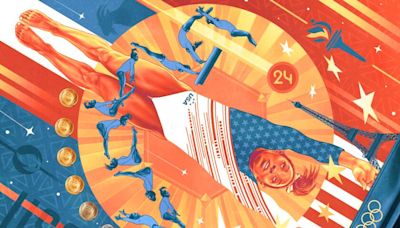Search results
Dec 11, 2017 · How the Russian Revolution Changed the World. One hundred years ago, a peasant uprising toppled an empire, with far-reaching consequences. A look at how it transformed history. December 11, 2017. By Veronica Majerol. It was a defining event of the 20th century.
- Primary Sources
Primary Sources - The Russian Revolution's Impact -...
- History
Find History activities and videos for your high school...
- U.S. News
U.S. News - The Russian Revolution's Impact - Scholastic
- World News
World News - The Russian Revolution's Impact - Scholastic
- Text Sets
Text Sets - The Russian Revolution's Impact - Scholastic
- My Bookmarks
My Bookmarks - The Russian Revolution's Impact - Scholastic
- Debates
Debates - The Russian Revolution's Impact - Scholastic
- All Issues
All Issues - The Russian Revolution's Impact - Scholastic
- Primary Sources
- Overview
- World War I and the decline of the Russian Empire
Corruption and inefficiency were widespread in the imperial government, and ethnic minorities were eager to escape Russian domination. Peasants, workers, and soldiers finally rose up after the enormous and largely pointless slaughter of World War I destroyed Russia’s economy as well as its prestige as a European power.
Russian Revolution of 1905
Learn about the uprising that laid the foundation for the 1917 revolution.
World War I
Learn about World War I, an important catalyst for the Russian Revolution of 1917.
Why is it called the October Revolution if it took place in November?
Centuries of virtually unchecked Russian expansion in Asia ended with an embarrassing defeat in the Russo-Japanese War (1904–05). This military reverse shattered Russia’s dreams of establishing hegemony over the whole of Asia, but it also contributed to a wave of domestic unrest. The Revolution of 1905 compelled Nicholas II to issue the October Manifesto, which ostensibly transformed Russia from an unlimited autocracy into a constitutional monarchy. The tsar’s reactionary policies, including the occasional dissolution of the Duma, or Russian parliament, the chief fruit of the 1905 revolution, had spread dissatisfaction even to moderate elements of the nobility. The Russian Empire’s many ethnic minorities grew increasingly restive under Russian domination.
Despite some reforms that followed the Russo-Japanese War, the Russian army in 1914 was ill-equipped to fight a major war, and neither the political nor the military leadership was up to the standard required. Nevertheless the army fought bravely in World War I, and both soldiers and junior officers showed remarkable qualities. The Russian invasion of East Prussia in August 1914 was defeated by Paul von Hindenburg and Erich Ludendorff at Tannenberg, but it required the Germans to send reinforcements from the Western Front and so saved France from defeat and made possible the victory on the Marne. The campaigns of 1915 and 1916 on the Eastern Front brought terrible casualties to the Russian forces, which at times did not even have sufficient rifles. As late as July 1916, however, the Russian army was capable of making a successful offensive under Gen. Aleksey Brusilov in Volhynia and Bukovina.
Britannica Quiz
Plots and Revolutions Quiz
- The Editors of Encyclopaedia Britannica
Nov 8, 2017 · In 1917 a series of events happened in Russia that would change the world forever. Find out about the history of the Russian revolutions.
- 1 min
The Russian Revolution was a period of political and social change in Russia, starting in 1917. This period saw Russia abolish its monarchy and adopt a socialist form of government following two successive revolutions and a bloody civil war.
It removed Russia from the war and brought about the transformation of the Russian Empire into the Union of Soviet Socialist Republics (USSR), replacing Russia’s traditional monarchy with the world’s first Communist state. The revolution happened in stages through two separate coups, one in February and one in October.
Russian Revolution of 1917, Revolution that overthrew the imperial government and placed the Bolsheviks in power. Increasing governmental corruption, the reactionary policies of Tsar Nicholas II , and catastrophic Russian losses in World War I contributed to widespread dissatisfaction and economic hardship.


